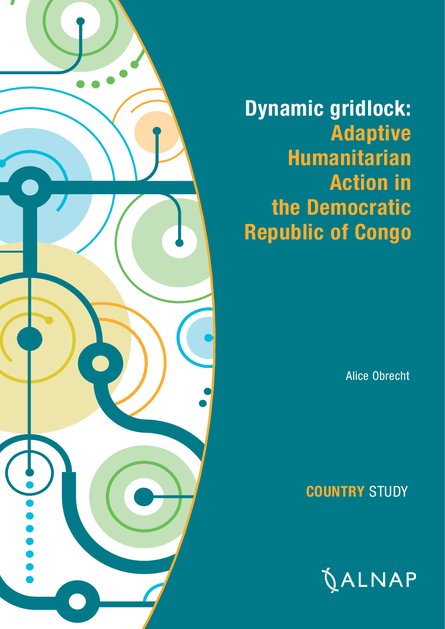
Humanitarian actors are increasingly responding to more complex situations, such as protracted conflict and high-risk cyclical natural disasters. They face continually changing, uncertain and long term crises, which is a stark contrast to the shorter term rapid-onset situations - such as flooding or earthquakes - that the humanitarian system was built around. How can they adapt the response they deliver in these changing environments?
As part of an ALNAP research project addressing this increasingly important issue of adaptive and flexible humanitarian action, this country study focuses on how agencies in the Democratic Republic of Congo (DRC) are responding to a complex and protracted crisis. The country has been in a perpetual state of sporadic conflict for the last twenty years, with huge numbers of people displaced and a chronic absence of adequate infrastructure or government response to address its people’s needs.
Humanitarians are working in an environment that is continually changing, as many small-to-mid-level, complicated crises arise in different parts of this vast country on a weekly basis. Through interviews with international and local agencies, ALNAP Senior Research Fellow Alice Obrecht maps how programmes and donors have tried to adapt in a setting of complex protracted conflict.